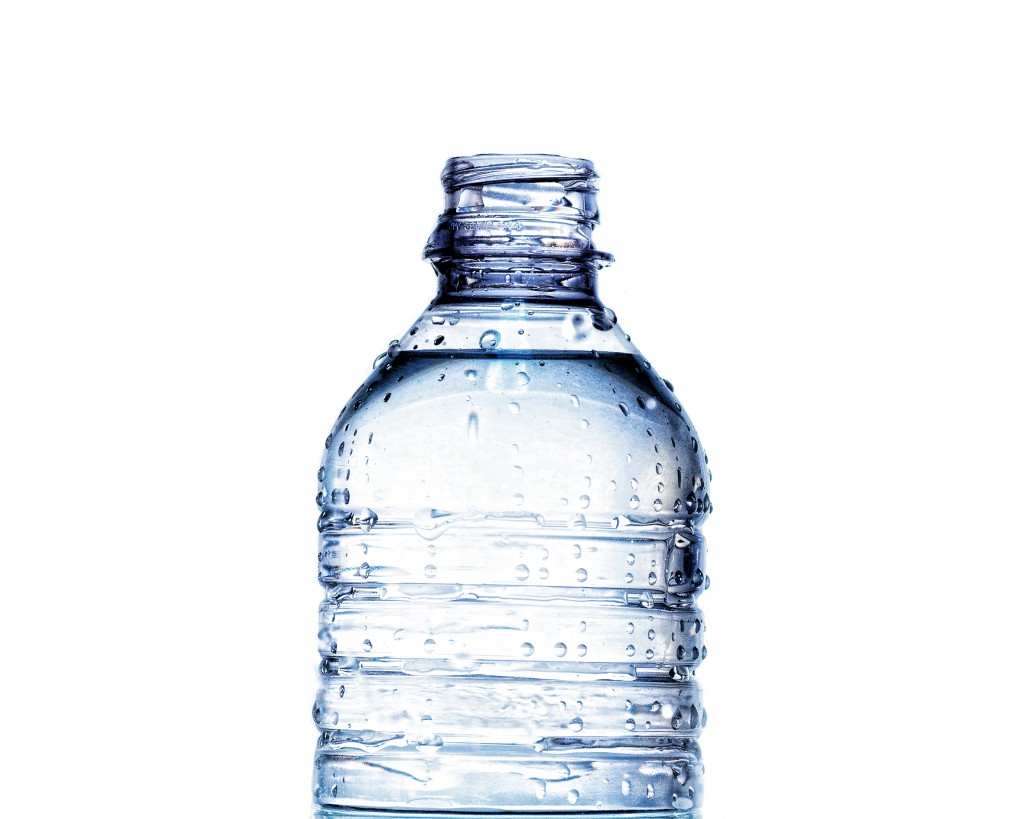Toothpaste and bottled water can damage my teeth?!?
Not even the heavy wind warnings all around the Seattle area this past Saturday could keep Dr. Martin and the Keystone Dental Hygiene Team from their highly anticipated continuing education course with renowned dentist and researcher Dr. Kim Kutsch. Dr. Kutsch has helped to pioneer the field of dental decay prevention with an innovative approach to the problem: utilizing something called “Caries Management by Risk Assessment” (CAMBRA). This means managing risk factors to treat and correct the disease of biofilm (historically called “plaque”) dysfunction (Caries) on teeth which causes the damage of cavities. So can toothpaste and bottled water really play a role in causing cavities? First, here is some background information.
What are the risk factors for decay?
There are four main risk factors for the disease called caries: saliva, diet, bacteria, and genetics. Let’s break things down by category.
Saliva
The number one risk factor for the disease Caries is self-reported dry mouth. Some causes of dry mouth can be stress, poor diet, age, genetics, disease, and medications. Our saliva gets a not-so-glamourous reputation because, let’s face it- it’s gross. We always think about how saliva carries bacteria and disease. I have many patients who will not swallow their own saliva while in the dental chair- the same saliva that they swallow all day long when they aren’t thinking about it. But it’s also the reason we have teeth! Without this seemingly lowly thing we call saliva, we would not have teeth. Period.
Saliva contains important buffers that help to restore the oral environment to a neutral pH after we eat. This is important because whenever we eat or drink, the biofilm (groups of bacteria working together) on our teeth metabolize these food sources as well, spitting out acids as a result. The presence of acids causes the pH to drop and when this happens it causes a net flow of minerals out of our teeth. If enough minerals leave an area of a tooth it becomes weakened and eventually becomes a cavity (a hole in the tooth). With adequate saliva in the mouth the amount of time our mouth spends at a low pH is minimized and therefore so are the amount of minerals flowing out of our teeth. Saliva also contains the nano-hydroxy-apatite and calcium phosphate ion particles which help to rebuild any areas of the tooth where minerals have been lost.
Diet: Drinks and Snacking
As I mentioned before, whenever we eat the pH in our mouths drops. Every time we take a bite or a drink of anything, it takes 20 minutes for the pH in the mouth to get to neutral again- assuming there is normal salivary flow. Snacking on food or sipping beverages* too frequently, or eating too much sugar, can increase the amount of time your oral environment is acidic and tip the balance of net flow of minerals out of our teeth.
*Bottled water can be acidic! This was new information to me. Mind = blown. The bottled water manufacturers remove the chlorine and add acids to increase the shelf life of their products. Google pH of bottled water. Do it now. I didn’t know this was a thing.
Something else I found very surprising was that many of the toothpastes we brush our teeth with every day are acidic! We are supposed to minimize acids on our teeth to lower our risk for decay, yet many of us are deliberately applying acids to them several times per day. Read on to learn about non-acidic toothpaste options to consider.
Bacterial Biofilm Imbalance
What does that mean? Let me explain. There are many different kinds of bacteria that live in the mouth and nearly 60 species of bacteria (I’ll call these the “bad” bacteria) are known to be responsible for causing cavities. The bad bacteria thrives in an acidic environment in which healthy bacteria do not survive. This causes a shift in the bacterial makeup in the mouth over time. Too much plaque in general or too much of the bad bacteria increases the acidity of the oral environment and increases the risk of net tooth mineral loss.
Genetics
As many as 60% of cavities may be caused by genetics alone. Thirty four genes can play a role in susceptibility to dental decay. While genetics are an underlying factor, it’s really the environment (biofilm, acids, saliva) that can cause genetics to be problematic. This is a fast-growing and fascinating field of research and we will likely learn a lot more in the years to come. It is also important to note that the bacteria in our mouths are passed down to us from parents and caregivers as a child. This makes having a healthy mouth as a parent or caregiver of a young child very important!
How do I lower my risk for decay?
This is where a talented dental team comes in! Our goal is to help our patients stay healthy and avoid cavities by managing risk factors that can cause decay. At your dental appointment we evaluate and identify any risk factors for tooth decay you might have. We can check for adequate salivary flow and any medications you’re taking that might cause hyposalivation (not enough saliva). We can offer a therapeutic spray, toothpaste, rinse, or xylitol product to offset the effects of inadequate saliva. Carifree toothpaste, spray and rinses are our #1 choice! These products neutralize pH, and contain fluoride, nano-hydroxyapatite and calcium phosphate ions (the building blocks of tooth structure), xylitol, and antibacterials, depending on the specific product. We will help to identify any snacking or drinking patterns that might increase your risk for decay and offer tips and alternatives to lower your risk. We’re also able to assess both the type and amount of biofilm in your mouth and discuss treatment options if it’s determined a bacterial biofilm imbalance is present. Additionally, we can counsel our patients about how their specific genetics might play role in their oral health.
Thankfully, the hype about the biggest Seattle-area storm to hit the region since the 1960’s was just that- hype. We didn’t actually have to risk life and limb in order to bring you the latest information about CAMBRA, acidic toothpastes, and bottled waters. But we would have. We care about health and our patients that much!
Like us on Facebook! https://www.facebook.com/michaelmartindds/


